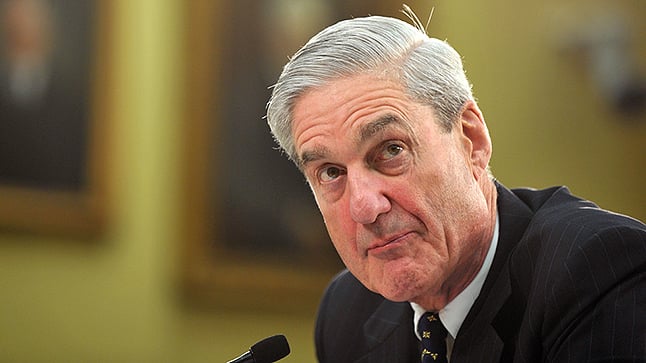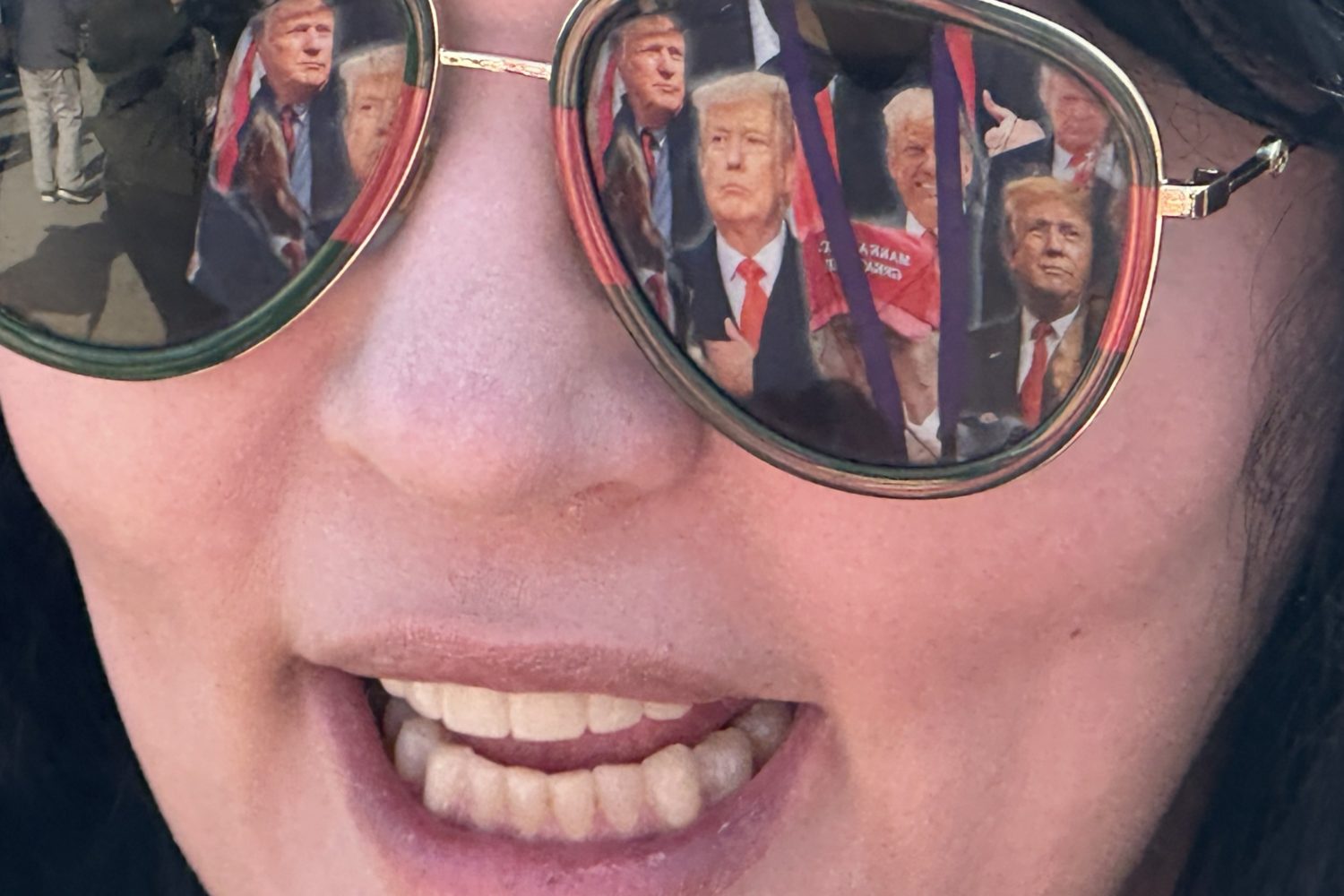Are we really going to get a juicy tell-all from one of Robert Mueller’s top prosecutors about what went on in the famously leak-proof special counsel’s office? The New York Times report last week that Andrew Weissmann—who led the cases against Trump campaign chairman Paul Manafort and campaign adviser Rick Gates—had inked a book deal, ignited hopes that we may finally get some insider intel. Weissmann is reportedly working with Random House, and is apparently the first lawyer from the Russia probe to write a book.
But national security attorney Mark Zaid says Weissmann will have to exercise a lot more caution than usual, given how punitive Donald Trump has proven to be. Zaid has counseled dozens of former government officials on their books, including former Trump staffer Cliff Sims who released “Team of Vipers” earlier this year. Technically, Zaid explains, former officials are supposed to get their book proposals pre-approved by the government before they even shop them around to publishers. “But that’s not how the vast majority of people do it,” he says. Instead, “They write up the proposal, they shop it around, the publishers see it, and then ultimately they submit it [for the government’s pre-publication review] once they have the finished product. The government’s never gone after anybody for doing it that way—but they could.”
And if Trump has shown us anything, it’s that he doesn’t follow the usual playbook. “This administration is going after those it doesn’t like,” says Zaid, pointing to his own client, Sims, who is entangled in a legal battle with Trump over his own book.
The purpose of pre-publication review is to prevent the authors from revealing classified information in their books. In Weissmann’s case, the government would also want to make sure he wasn’t including grand jury material. Because Weissmann will presumably turn over his finished manuscript for review before it’s published, the government will still get to check for those things. But Zaid’s point is that even if the government doesn’t find any prohibited content in the book, they could still shut it down on the technicality that Weissmann sold it to a publisher before getting their sign-off.
“Normally, so long as they can see the book before it’s actually published, government agencies—including the CIA—have been willing to overlook that technical breach of contract,” says Zaid. But the Trump administration is not normal.

















